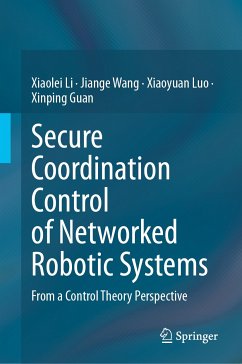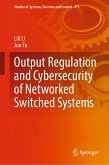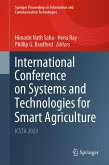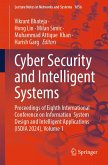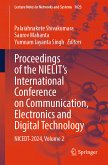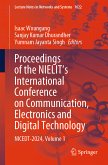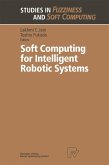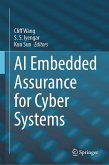As one of the core equipments and actuators, robotic technology has attracted much attention and has made great progress. However, a single robotic system is often unable to handle complex tasks due to limitations in sensors, microprocessors, actuators, and the ability to handle complex situations. With the development of distributed control and microprocessing technology, networked robotic systems have greatly expanded their perceptual, computational, and execution capabilities, with high efficiency, low cost, and strong functionality advantages. As a typical distributed cyber-physical system (DCPS), which is an intelligent system that integrates computing, communication, and control, networked robotic systems can perform higher-level tasks by sharing information and working together. It can provide intelligent control and monitoring of a physical process, such as environment observation, information collection, and search and rescue, etc. Thus, coordination control of networked robotic systems has become the focus of scholars worldwide. However, the sensing, communication, and control integration of networked robotic systems make them face unprecedented network security threats, in which cyber attacks have become a major hidden danger to the reliable operation of autonomous unmanned systems. Although existing control methods can achieve swarm collaborative control of networked robotic systems, the protection of which, especially the security of control systems, is rarely addressed.
In this book, we conduct research on the secure coordination problem of networked robotic systems from a control theory perspective, given the limited communication bandwidth and the increasingly prominent network security threats. This book showcases several continuous-time and event-triggered secure control design and analysis methods for networked robotic systems under different types of cyberattacks. Additionally, several future research directions are provided for networked robotic systems. This book will be an important reference for scientists, engineers, and graduate students from the field of underwater robotic technologies, maritime science, and control engineering.
Dieser Download kann aus rechtlichen Gründen nur mit Rechnungsadresse in A, B, BG, CY, CZ, D, DK, EW, E, FIN, F, GR, HR, H, IRL, I, LT, L, LR, M, NL, PL, P, R, S, SLO, SK ausgeliefert werden.
Hinweis: Dieser Artikel kann nur an eine deutsche Lieferadresse ausgeliefert werden.

